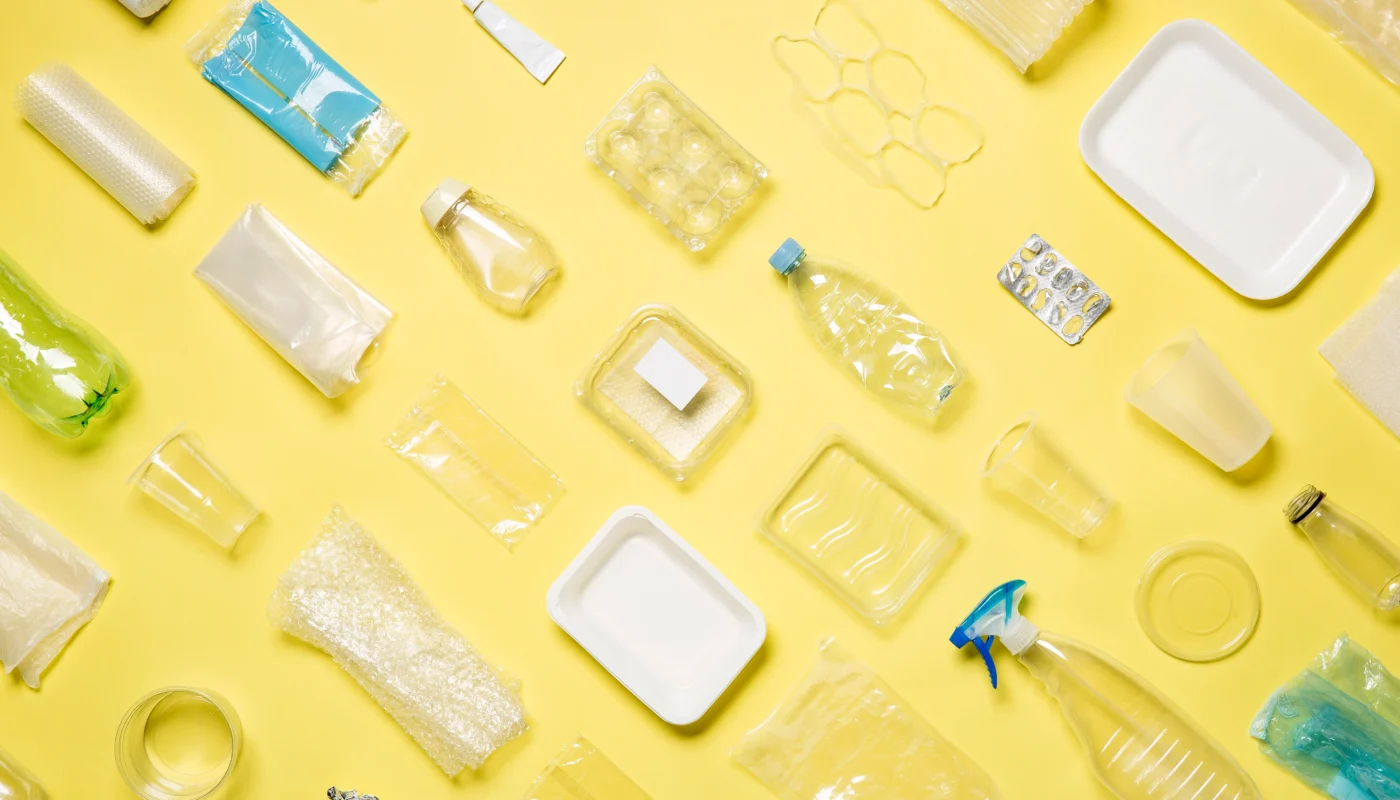Which plastics can be recycled, between regulations and feasibility
2 May 2024world of plastics

Whether plastics can be recycled and reused depends not only on their technical characteristics, but also on legislation and precise bureaucratic procedures.
When we talk about which plastics can be recycled in Italy, a distinction must be made between what is technically feasible and what is legally feasible.
Starting with the technical aspect, to date there are machines capable of recycling different types of plastic, in particular:
- PET (Polyethylene terephthalate): water and soft drink bottles, food trays, plastic films.
- PE (Polyethylene): shopping bags, packaging films, pipes and ducts.
- PP (Polypropylene): yoghurt boxes, packaging films, car parts.
- PVC (Polyvinyl chloride): pipes and fittings, window profiles, flooring.
- PS (Polystyrene): food trays, disposable cups and plates, packaging for household appliances.
However, in the face of such a widespread use of plastics, recycling to date is limited to packaging only. These cover a very high percentage of plastics in municipal waste, estimated at over 50%, but not all of it.
The law currently regulating plastics recycling is the New Environmental Code (Legislative Decree 116/2020). In addition, since 1997, it is the supply chain consortia that regulate the day-to-day operation of the sector. Plastics producers’ membership of the consortia is linked to the payment of the CAC contribution and determines the possibility of entering a virtuous circle of material recycling and reuse. Among the active consortia, COREPLA deals specifically with plastics, and sets the standards for whether or not a plastic product can be recycled.
Unfortunately, what is not currently classified as packaging is destined for undifferentiated collection. Within plastics, there are many products that would have a technical value and could easily be recycled and reused, such as children’s toys, buckets, dustbins… However, this is not yet possible at a legislative level, as these types of products are not covered by COREPLA’s standards.
Over time, separate collection and recycling have made technical progress, and legislation has also been progressively updated. However, some nonsense remains. For many years, for example, plastic plates and glasses could not be sorted. As of 2018, the legislation included them as packaging, so that they can now be recycled (subject to the phasing out of single-use plastic). However, cutlery remains out of the count: even if it is made from the same plastic, it is destined for the unrecycled.
Tags: recycled plastic, regulations, world of plastics


